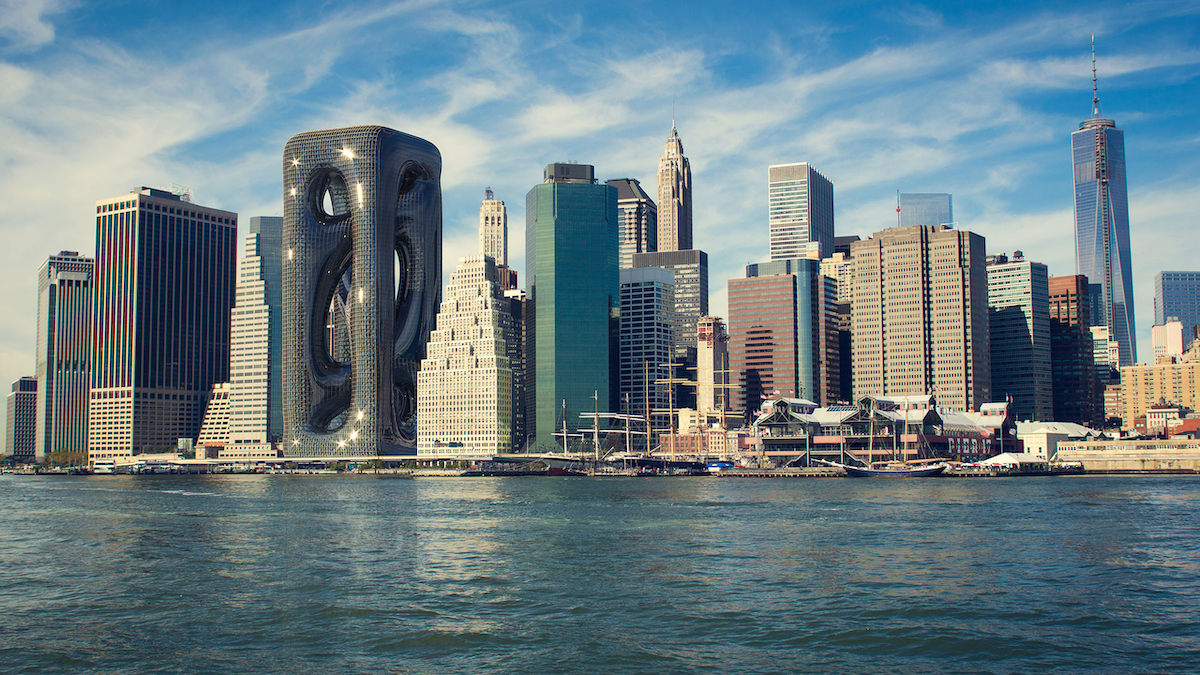In an increasingly interconnected world where security camera installation, markham concerns are paramount, the role of security cameras has become indispensable. These unblinking sentinels of modernity serve not only as deterrents to potential threats but also as invaluable tools for monitoring and recording activities in various environments. From homes to businesses, public spaces to private properties, security cameras play a crucial role in safeguarding assets, ensuring safety, and providing peace of mind.
The Evolution of Security Cameras
The evolution of security cameras has been marked by significant advancements in technology. Gone are the days of grainy, black-and-white footage; today’s cameras boast high-definition video quality, night vision capabilities, and wide-angle lenses that capture detailed images across expansive areas. Moreover, the shift from analog to digital systems has facilitated remote monitoring and cloud storage, enabling users to access footage from anywhere via smartphones or computers.
Applications in Various Settings
Security cameras find applications in diverse settings, each with its own set of security needs:
- Residential Security: In homes, security cameras are deployed to monitor entry points, deter burglaries, and ensure the safety of occupants. They also serve as a means of keeping an eye on children or elderly family members remotely.
- Commercial Establishments: Businesses utilize security cameras to protect against theft, vandalism, and employee misconduct. They are crucial for monitoring sensitive areas like cash registers, warehouses, and parking lots.
- Public Spaces: Security cameras in public areas such as airports, train stations, and parks help in crowd management, crime prevention, and emergency response. They are instrumental in enhancing public safety and deterring acts of terrorism.
- Traffic Monitoring: In urban environments, cameras assist in monitoring traffic flow, enforcing traffic laws, and improving overall road safety. They aid in investigating accidents and managing congestion effectively.
- Industrial Facilities: Factories and industrial complexes rely on security cameras to safeguard assets, monitor production processes, and ensure compliance with safety protocols. They are essential tools in preventing unauthorized access to critical areas.
Benefits and Challenges
The benefits of security cameras are evident: enhanced security, crime deterrence, and valuable evidence for investigations. However, their deployment also raises ethical and privacy concerns. Striking a balance between security needs and respecting individual privacy rights remains a challenge, prompting ongoing debates and regulatory frameworks to ensure responsible use.
Emerging Trends
Looking ahead, the future of security cameras is shaped by cutting-edge technologies such as artificial intelligence (AI) and machine learning. AI-powered cameras can analyze live footage in real-time, detecting anomalies, identifying faces, and even predicting potential security threats before they occur. These advancements promise to make security systems more proactive and effective in safeguarding lives and property.
Conclusion
Security cameras have evolved from passive observers to proactive guardians of safety and security. Their ubiquitous presence underscores their importance in modern society, offering protection, peace of mind, and operational efficiencies across various sectors. As technology continues to advance, so too will the capabilities of security cameras, ensuring that they remain vital tools in safeguarding our increasingly interconnected world.

